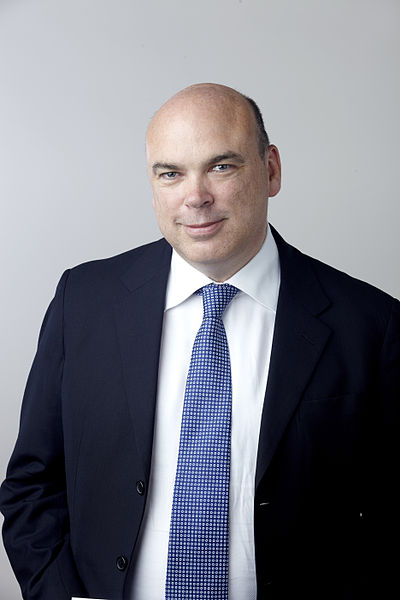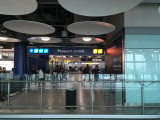
Mike Lynch, once revered as Britain's king of technology, has been acquitted of charges that he orchestrated fraud and conspiracy leading to Hewlett Packard's
(HP) ill-fated $11 billion acquisition of his software company, Autonomy.
A federal court jury in San Francisco delivered the not-guilty verdicts on Thursday after an 11-week trial examining HP's 2011 purchase of Autonomy. Lynch, who founded and led Autonomy as CEO, initially hailed the acquisition as a triumph that would propel HP into new, promising ventures. However, under then-CEO Meg Whitman, HP soon regretted the decision.
Lynch was acquitted on all 15 felony counts against him. Towards the end of the trial, U.S. District Judge Charles Breyer dismissed a securities fraud count from the U.S. Justice Department’s 2018 indictment. The case saw lengthy extradition and legal proceedings before the trial began in mid-March.
Lynch, 58, had been free on $100 million bail.
Once compared to Bill Gates for his tech acumen, Lynch's acquittal clears his name after years of vehemently denying any wrongdoing, positioning HP as a mismanaged company instead.
The verdict marks another setback for HP, which had accused Lynch of deceiving the company into a costly deal that exacerbated its struggles and tarnished its legacy dating back to its founding in a Silicon Valley garage in 1939.
Bloomberg reported that Lynch embraced his lawyer and wiped his eyes upon hearing the verdict, with some in the courtroom audibly crying.
In a statement, Lynch expressed his elation and gratitude to the jury for their careful consideration of the complex case. "I am looking forward to returning to the U.K. and getting back to what I love most: my family and innovating in my field," he said.
Stephen Chamberlain, a former Autonomy finance executive who faced fraud charges alongside Lynch, was also acquitted by the same jury.
The prosecution had accused them of inflating Autonomy’s revenue figures. A Justice Department spokesperson, Abraham Simmons, stated, "We acknowledge and respect the verdict."
Lynch defended himself in court, arguing that Whitman unfairly scapegoated him and Autonomy for HP's mismanagement and financial decline. During his testimony, Lynch addressed the jurors directly, explaining various British phrases and maintaining his innocence.
Whitman, who became HP's CEO after an unsuccessful run for California governor in 2010, acknowledged $8.8 billion in losses from the Autonomy deal, ultimately firing Lynch in 2012 and accusing him of financial misreporting. She also oversaw significant layoffs as HP's fortunes waned and eventually split the company into two entities.
While Whitman did not testify, the trial explored HP’s decline under her leadership. Former HP CEO Leo Apotheker, who negotiated the Autonomy deal, testified to Lynch’s alleged misconduct. Apotheker had seen Autonomy as central to reducing HP's reliance on PC and printer sales during the rise of smartphones. Evidence indicated HP internally valued Autonomy at up to $46 billion, mainly for its software that facilitated quick data retrieval from emails and other digital documents.
Prosecutors depicted Lynch as an authoritarian and deceitful leader during his 16 years at Autonomy, while his defense portrayed him as a dedicated tech innovator who thrived on late-night brainstorming sessions over cold pizza. Photo by The Royal Society, Wikimedia commons.







































